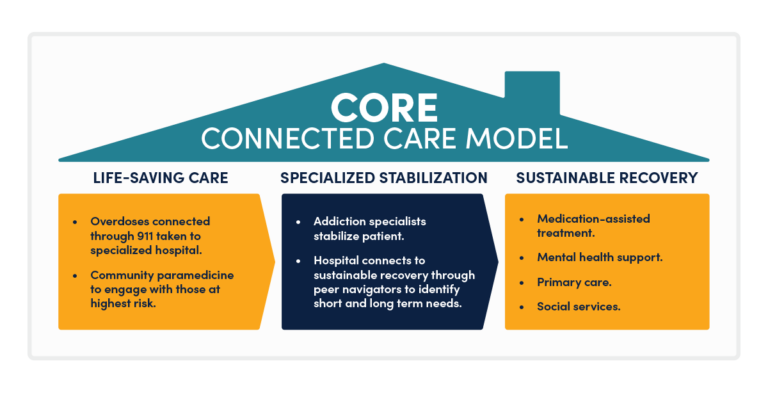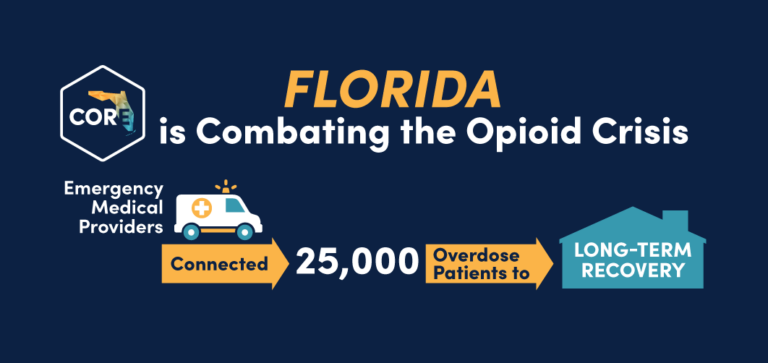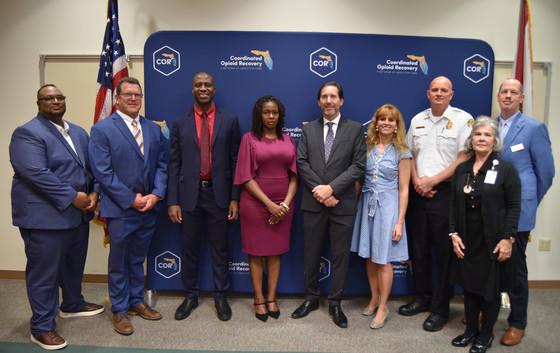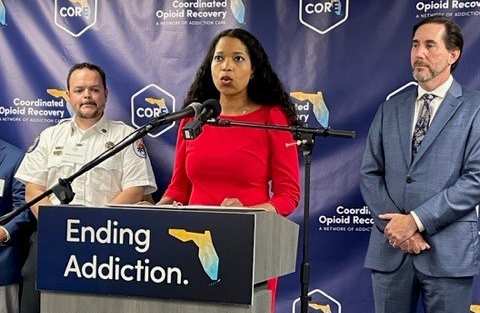Pasco County
Pasco County CORE Network, Joined by DOH and DCF Leadership
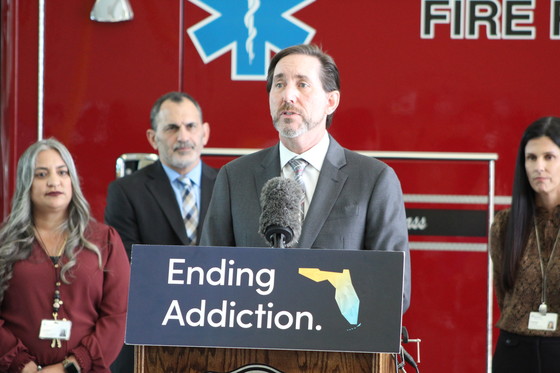
Pasco County, Fla. – Yesterday, State Surgeon General Dr. Joseph Ladapo, Deputy Secretary for Health Dr. Kenneth Scheppke, and Florida Department of Children and Families Secretary Shevaun Harris, alongside community partners, visited the expansion of the Coordinated Opioid Recovery (CORE) in Pasco County – a comprehensive network of addiction and opioid treatment.
This year, Florida has experienced over 4,000 reported fatal overdoses. In Pasco County, Emergency Medical Services reported that in 2021, teams responded to over 3,400 overdose calls. Current data indicates Pasco County is in the top 10 counties in Florida with the highest fatal overdose rates.
The CORE Network is the first of its kind in the nation, coordinated through the Florida Department of Health, Florida Department of Children and Families, and the Agency for Health Care Administration. The full-scale treatment approach of the CORE Network expands every aspect of overdose response and creates an all-inclusive sustained system of care and patient navigation to holistically address all primary and secondary impacts of substance use disorder.
“Addiction is heartbreaking for all involved, and we ultimately want to help people address the stress traumas that led them to addiction,” said State Surgeon General Dr. Joseph Ladapo. “This program is an applied, intensive application to managing addiction through powerful, effective practice that connects people to what they need to get out of the horrific cycle of addiction.”
“The existing standard of care for substance use disorder is outdated. The current overdose response in most of the United States treats the acute overdose, without providing access to sustainable care,” said Dr. Kenneth Scheppke, Deputy Secretary for Health. “That’s exactly why we’ve developed CORE. This program facilitates the necessary connections among local emergency response and specialty health care networks to not only respond to an acute overdose, but to connect individuals suffering from substance use disorder to sustainable and long-term care.”
In the wake of Hurricane Ian, there is also concern of increased substance use and overdose deaths due to the impact on individuals’ mental health and the disruption of normal pharmaceutical supply chains. It is critical that community partners provide resources to their communities as we recover from the effects of Hurricane Ian’s devastation. We must remain vigilant both now and in the long-term to prevent overdose deaths.
“The CORE Network connects all of the right services – emergency medicine, hospital services, outpatient treatment, medication assisted treatment, and peer support services to holistically intervene at the right place and the right time,” said Florida Department of Children and Families Secretary Shevaun Harris. “This model helps to ensure that we do not miss those pivotal moments of impact when someone is ready to get help but needs a strong and coordinated system of care to truly succeed.”
Substance abuse is a chronic multifaceted life-threatening disease. If an individual in Pasco County overdoses, specialized emergency medical services protocol will begin stabilization while transporting the patient to a specialty hospital with attained specialty expertise in addiction medicine. Once all emergent health threats are stabilized, the patient’s long term care needs will then be transferred to an expert multi-specialty outpatient practice to support sustainable recovery.
CORE provides a personalized treatment umbrella ranging from primary care to mental health support. By facilitating these connections in Pasco County, CORE disrupts the revolving door of addiction by connecting overdoses to sustainable care in real time.
If you, or someone you know, is struggling with substance use disorder and would like more information on CORE in Pasco County, you may contact BayCare Behavioral Health at 727-372-4357 or the Florida Department of Health in Pasco County.
If you suspect an overdose, call 911 immediately. The state of Florida has deployed resources that can be posted in public areas to ensure Floridians remain vigilant of the signs of overdose, how to respond, and where help is available.
